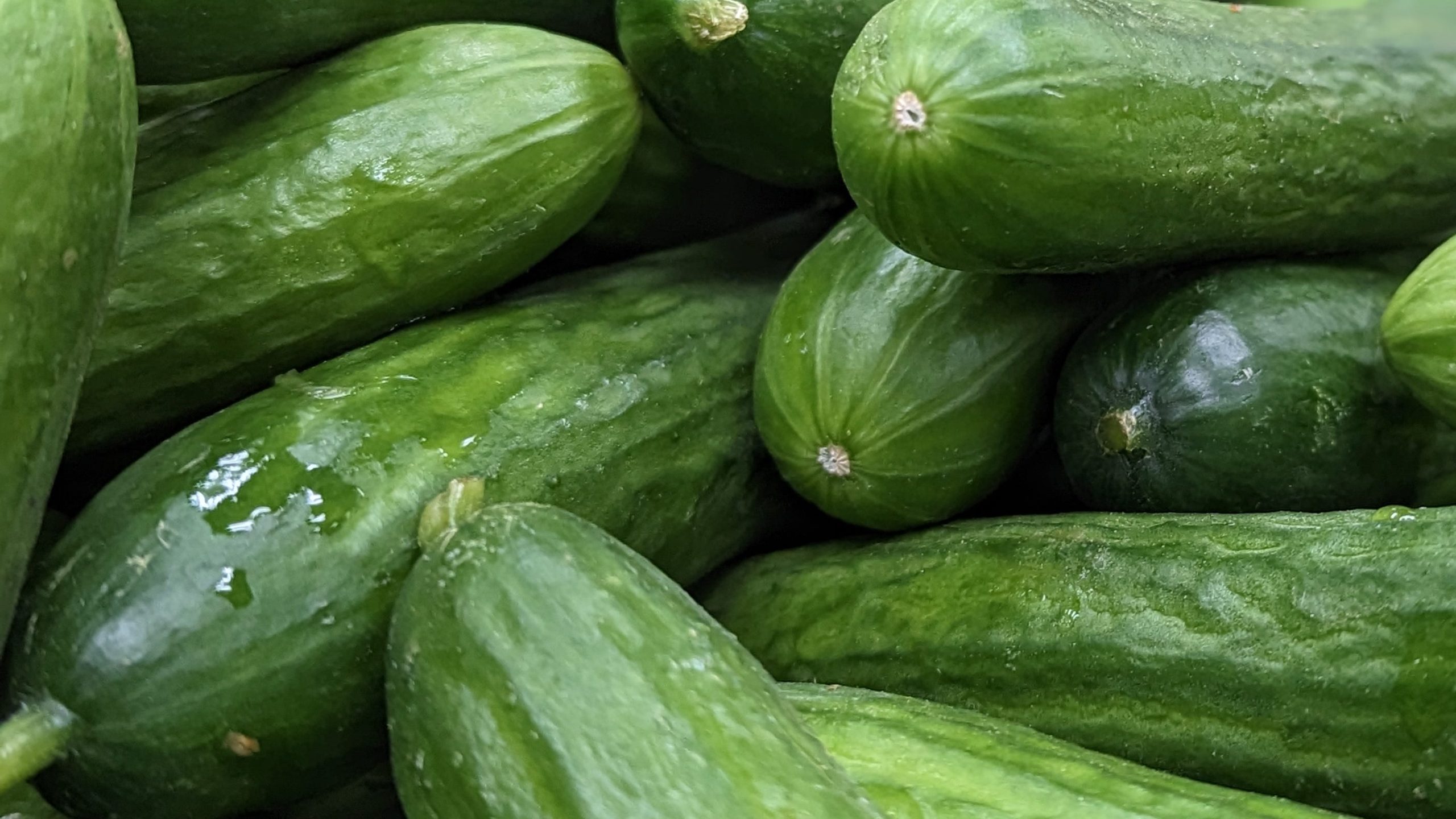Summary
Legislation aimed at limiting where certain types of food waste can be composted in Texas is now on Governor Greg Abbotts desk, following final passage in both chambers of the Legislature.
Source: KBTX News 3

AI News Q&A (Free Content)
Q1: What is the significance of the Texas compost bill awaiting Governor Abbott's signature?
A1: The Texas compost bill aims to regulate where food waste can be composted, particularly restricting the transport of urban food waste to rural composting sites. This legislation, driven by local community concerns, mandates that food waste collected in municipalities with a commercial composting ordinance cannot be deposited at facilities in counties without such ordinances unless approved by local authorities. This bill is significant as it intends to address environmental and logistical challenges associated with composting urban waste in rural areas.
Q2: How does the COMPOST Act relate to sustainable agriculture practices?
A2: The COMPOST Act classifies composting as a conservation practice under USDA conservation programs. It establishes a competitive program to award grants and loan guarantees to projects that aim to expand access to food waste composting. This act is pivotal in promoting sustainable agriculture by encouraging the recycling of organic waste into nutrient-rich compost, thus reducing reliance on chemical fertilizers and enhancing soil health.
Q3: What role do medicinal plants play in enhancing food waste composting?
A3: Medicinal plants can act as green catalysts in food waste composting by secreting enzymes and metabolites that aid in the breakdown of organic matter. Their bioactive compounds enhance microbial activity and improve soil pH and structure, promoting efficient decomposition. Such practices not only accelerate composting but also support sustainable agriculture by converting waste into valuable compost, aligning with global sustainability goals.
Q4: How does the application of microbiome science advance composting practices?
A4: Microbiome science enhances composting by utilizing microorganisms to improve the biodegradation of organic waste, including human excrement. This approach helps suppress pathogens and accelerates decomposition processes. By integrating microbiome-omics technologies, composting can be optimized for environmental sustainability and public health improvement, offering a promising trajectory for waste management innovations.
Q5: What are the environmental benefits of composting food waste instead of landfilling?
A5: Composting food waste significantly reduces methane emissions that occur under anaerobic conditions in landfills. It also returns nutrients to the soil, improves soil structure, and supports biodiversity by introducing beneficial microbes. These benefits contribute to reducing the environmental footprint of waste disposal and enhancing soil fertility, making composting a more sustainable alternative.
Q6: What innovative technologies are being employed in food waste management within the food and beverage industry?
A6: The food and beverage industry is adopting technologies like anaerobic digestion, composting, and membrane filtration to manage food waste. Digital solutions such as blockchain are also being explored to enhance transparency and efficiency in waste management processes. These innovations aim to minimize environmental impact and promote sustainability by optimizing resource use and reducing waste.
Q7: What are the key components of sustainable management of food waste?
A7: Sustainable management of food waste involves reducing, recycling, and properly disposing of food waste to minimize environmental impacts. Key strategies include source reduction, composting, and utilizing waste-to-energy technologies. These practices not only conserve resources but also reduce costs associated with waste disposal and promote a more sustainable food system.
References:
- Kitchen Food Waste Image Segmentation and Classification for Compost Nutrients Estimation
- The microbiome science of composting and human excrement composting: a review
- Green Catalysis: The Role of Medicinal Plants as Food Waste Decomposition Enhancers/Accelerators
- https://www.foodandbeverage.business/featured-article/transforming-waste-sustainable-practices-in-the-food-and-beverage-industry/



